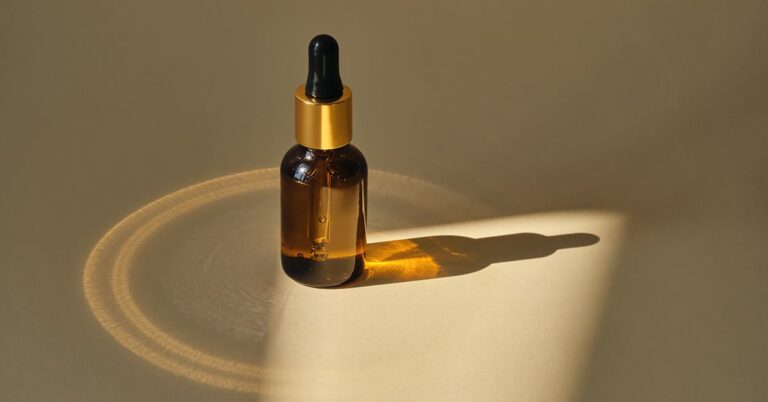Cedarwood essential oil is a substance derived from the bark, needles, leaves, and fruit of the cedar tree. People claim it may have benefits for your skin, hair, and sleep.
Cedarwood oil can be purchased alone, but it is also used as an ingredient in products such as insect repellents, colognes, shampoos, and deodorants.
Anecdotally, people claim that it helps improve hair loss, scalp condition, and sleep. However, there is limited scientific evidence to support these claims.
Read on to learn more about the possible benefits of cedarwood oil.
Although research suggests they have health benefits, the FDA does not monitor or regulate the purity or quality of essential oils. It is important to consult a medical professional before starting to use essential oils and always research the quality of branded products. Always do a patch test before trying a new essential oil.
Cedarwood oil and its constituents have been analyzed in animal and human studies for potential health and beauty benefits. Ingredients found in cedarwood oil include cedrine, cedrol, and thujopsen.
Research shows that it has anti-inflammatory and antibacterial properties. However, these have limitations because they do not mix well with water and are highly volatile (evaporate easily).
The tree from which the oil is extracted determines its composition, which can affect its usefulness under certain conditions.
Cedarwood oil for hair removal
Alopecia areata is a disease in which the immune system attacks the hair follicles, causing hair loss. Cedarwood is one of several essential oils that may improve hair growth.
An older study from 2015 used aromatherapy for hair loss. A combination of rosemary, thyme, lavender, evening primrose, atlas, and cedarwood oils was found to be associated with hair regrowth. However, cedarwood was not specifically identified as the cause of hair growth.
A 2020 review concluded that although some studies were promising, there were no randomized controlled trials examining essential oils for hair loss. This means that hair regrowth oils may be worth trying, but their effectiveness is unproven.
Cedarwood oil to condition the scalp
Some shampoos for dandruff and scalp eczema contain cedarwood and other essential oils. Proponents claim that it can help heal and manage these scalp conditions.
However, research shows that there are no large, well-designed studies that have concluded that cedarwood oil is effective in treating scalp conditions. Additional research may help determine if it’s a good option.
cedarwood oil for skin
Cedarwood oil has anti-inflammatory and antibacterial properties. This may help treat skin conditions such as acne, although there is limited evidence to support this claim.
At this time, there are no scientific studies showing that cedarwood oil helps heal acne. If you really want to try it, be sure to dilute it with a carrier oil and do a patch test before applying it to your face.
Cedarwood essential oil for sleep
Some proponents claim that cedarwood oil may have a sedative effect when used as an aromatherapy treatment. However, there is no research to support this.
Nevertheless, aromatherapy itself has been proven to help sleep. A 2021 systematic review found that it was associated with improved sleep, reduced pain, reduced stress, and reduced fatigue. This may be due to the essential oils, but it may also be due to the relaxing effects of aromatherapy.
Although research on the benefits of cedarwood oil is limited, there is little risk in trying it. Here are some ways to use it.
aromatherapy
When using essential oils for aromatherapy, inhale them directly from the bottle or add them to a diffuser. You can also put a small amount on a towel or cloth and place it under your pillow.
Additionally, you can add cedarwood and carrier oil to the atomizer bottle and use it as a home spray. Popular carrier oils include jojoba, avocado, grapeseed, olive, and argan.
scent
Cedarwood oil’s pleasant woody scent makes it a popular ingredient in colognes and aftershaves.
If you want to use cedarwood oil as a fragrance, first dilute a few drops in a carrier oil. Apply gently to wrists, forearms, and behind ears. It can also be added to products such as soaps and lotions.
Cedarwood oil as a flea and moth repellent
Topically applied cedarwood oil will repel fleas, ticks, and moths from fabrics, people, and pets. Be sure to dilute the oil when applying it to your skin. Essential oils can be toxic to animals, so if you’re considering using them on your pet, always check with your veterinarian first.
When emulsified in a lotion, it also has the effect of repelling insects and mosquitoes. In particular, one study found that combining thyme and rosemary essential oils in a soybean carrier oil base was effective.
It can also prevent dust mites, but the effect wears off fairly quickly.

